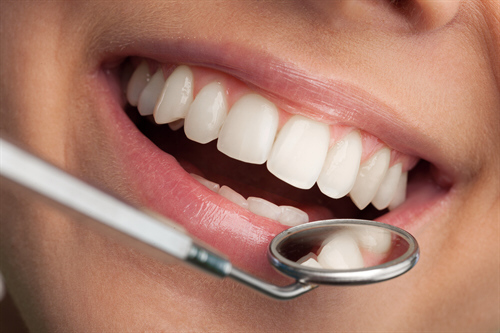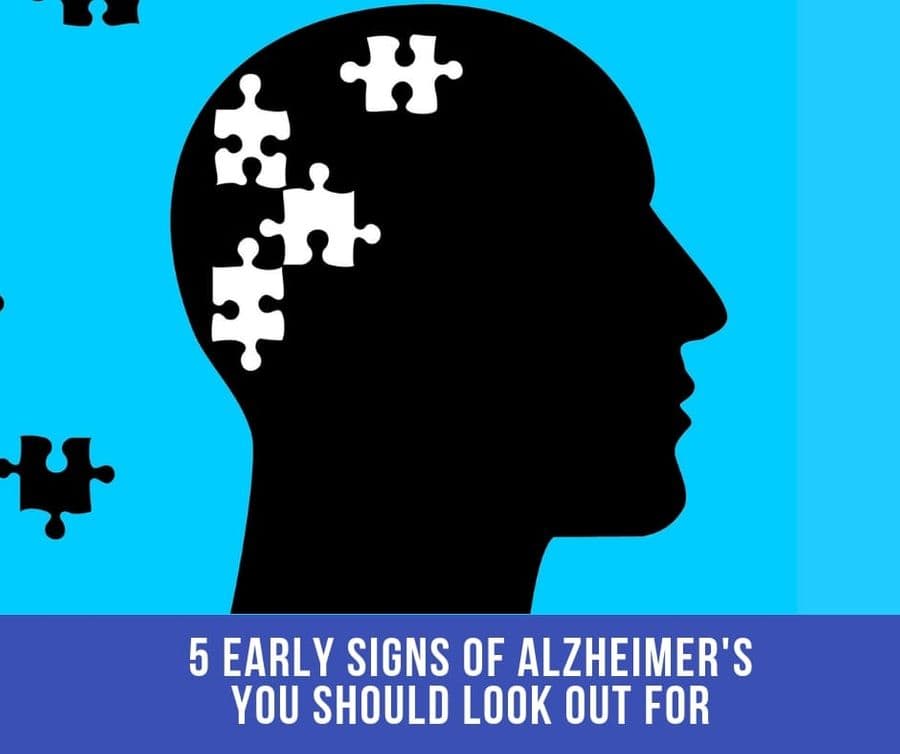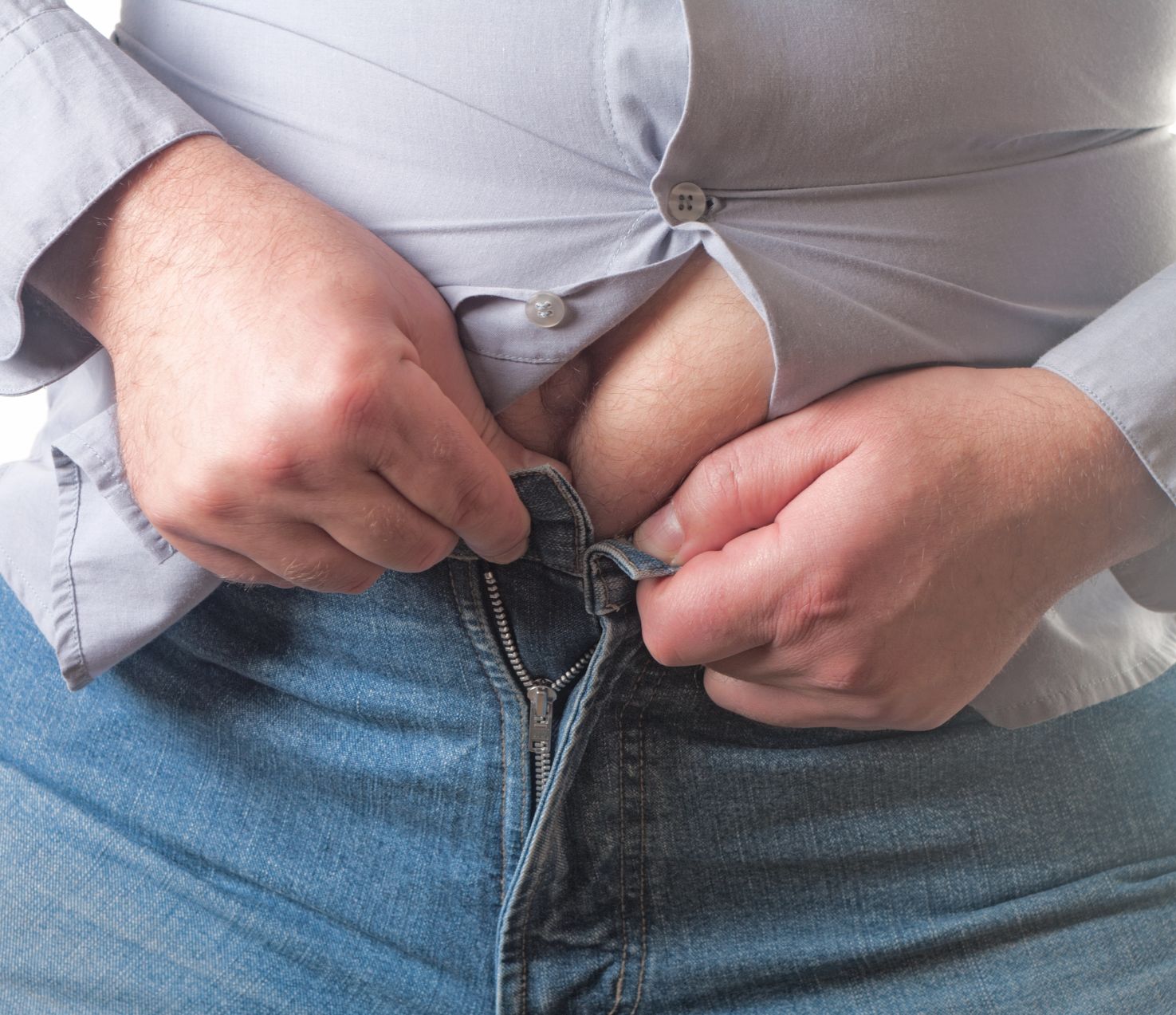This was the main question this week. Since lentils are one of the top 5 nutritious foods available in the world and an important source of fiber (over 50% of the daily needs), I am sure there will be a growing interest.
Really Healthy Pasta can be used primarily as a replacement for grains and cereals but its use as a highly bioavailable protein and a low cost replacement for protein from meat is also useful.
The population (in general) may be seriously deficient in protein and especially the older population. There is emerging evidence that high quality proteins in ‘amounts greater than the amounts recommended by governments’, have benefits that extend well beyond simply the maintenance of muscle mass, bones and essential metabolism.
They can include body weight and fat mass loss, maintenance of lean mass (including avoiding or reducing age-related muscle loss (or malnutrition), and reduced risk of neurodegenerative conditions, such as Alzheimer’s disease.
An important review of the available evidence published in the American Journal of Clinical Nutrition confirms, that protein intakes much higher than recommended by governments supports healthier weight and muscle management than the previous recommended amount.
My recommendation based upon the best evidence is:
| Healthy Person | 1gram/kg (2.2lbs) of bodyweight EG 60kg person = 60grams of protein/day EG 60kg person = 60grams of protein/day |
| Unhealthy Person | EG 60kg person (add 30gms) = 90grams of protein per day |
| Over 45 yr old | EG 60kg person (add 30gms) = 90grams of protein per day |
Meat as a Source of Protein?
Grass fed, organic, raw meat, is a reasonable source of nutrition, protein and is bioavailable. The problems come in the cooking and especially when overcooked or charred. This damages proteins and fats and creates various carcinogens that have well known consequences (for healthy and premature ageing). Another known problem is when meats are consumed with starchy carbohydrates such as potatoes, wheat, or rice.
To be clear, chargrilling vegetables on the BBQ will produce the same carcinogens with the same damaging effects and so all are to be avoided.
Do I need supplements to help digest proteins?
Yes, it is a fact that in consuming food alone (even organic raw food) help is needed to ensure proper bioavailability.
The presence of friendly bacteria in probiotic supplements and prebiotic fiber are also critical to help maintain a healthy gut flora. The gut flora can play a central role not only in protein and other nutrient absorption in the gut, but also as a modulator of the immune system and of brain function.
 Prescript-Biotics™ – Recommended to support a healthy and strong immune system. SBOs in PrescriptBiotics™ are cultured together and encapsulated with their own ancestral food source to keep them vital and living: a humic and fulvic acid prebiotic made from minerals that are billions of years old and extracted from deep inside the earth.
Prescript-Biotics™ – Recommended to support a healthy and strong immune system. SBOs in PrescriptBiotics™ are cultured together and encapsulated with their own ancestral food source to keep them vital and living: a humic and fulvic acid prebiotic made from minerals that are billions of years old and extracted from deep inside the earth.
PrescriptBiotics™ capsules are pure, chemical-free, toxin-free, GMO-free, nutrient-rich, and naturally dehydrated to avoid damage done in the freeze-drying process.
Recommended Dose: Take 1 capsule a day. Increase by one capsule a day, for each week.
Available from Good Health Naturally.
A healthy person can take an Essential Digestive Enzyme every day (with every meal) to ensure all of the foods and especially proteins are digested.
This formulation has the necessary enzymes (11 in total) for proteins and all other types of foods to ensure proper digestion and bioavailability. By the age of 50 humans have less than 25% of the enzymes they had when they were 20.
Those who are on the higher amounts of protein in their diet, are eating lots of meats, losing muscle as they age, with serious health problems or are building muscle for sports will additionally need a dedicated Protease Enzyme supplement to ensure complete utilization of the high protein needed for such persons.
Vegans
A vegan who eats no meats, and as well range of vegetables, eats nuts, seeds and fats, could eat 3-4 portions of Really Healthy Pasta over day to achieve a healthy level of proteins.
Will this amount of Protein build more Muscle?
Muscle is built from amino acids and proteins and a large intake of these is essential for building or rebuilding after a serious illness.
However the muscles can only rebuild or rebuild with weights or careful tensing and stretching of those muscles. You may need to take good advice for such exercises if you have been seriously ill.
You can see ‘general exercise’ help or ‘Callanetlcs’ on YouTube.





Do you have any advice concerning histamine intolerance, when beans, seeds lentils etc are supposed to be avoided?
Hi Amy, most types of lentils, seeds and nuts should be avoided if you have a histamine intolerance. Check this list for reference: http://www.histamineintolerance.org.uk/about/the-food-diary/the-food-list